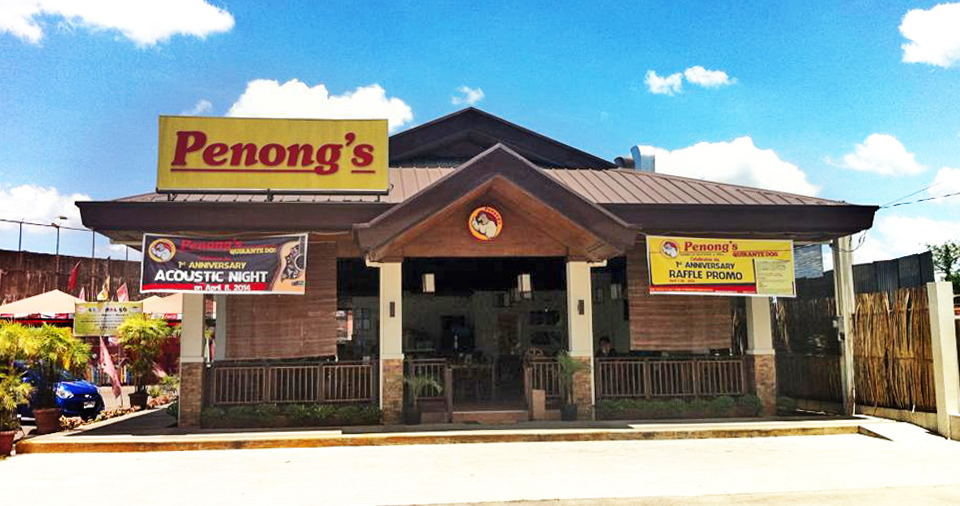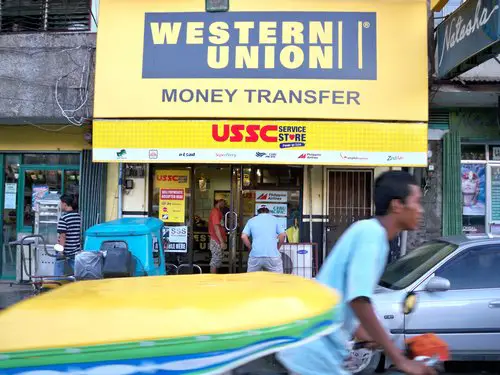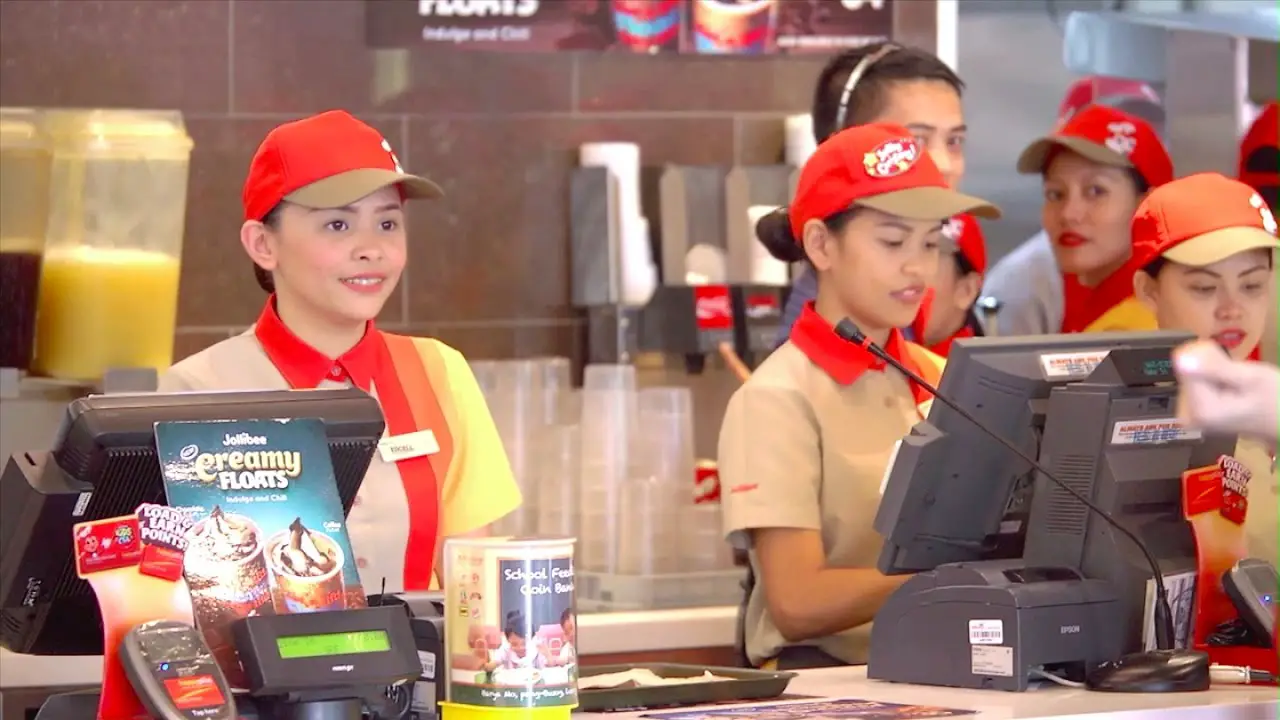Franchising is a great route for a newcomer in a business. With a proven revenue-generating venture, franchising saves the investor time to figure out how to attract the market, determine price points for its products or services and manage its resources efficiently, not to mention that renowned brand that is synonymous to good products, good service and other ideals of a business. In other words, getting into the franchise bandwagon provides answers to many questions a business person new to the industry should be asking, and, more importantly, know what works and what doesn’t work.
No wonder, many Filipinos with adequate capital will make the wise choice of turning to franchises to lay down their investments for a safer, more defined route to success.
Food carts, laundry services, petroleum distribution or water dispensing businesses are among examples of franchising opportunities available.
Unfortunately, not all franchises have this in mind. Some not only lack a money-making business, they also lack business ethics and are often only looking to earn out of an investor’s capital outlay. Thankfully, we have identified several characteristics unscrupulous franchise operators share, and you are well advised to stay away from them.

1. Incomplete paperwork. One prominent requirement to operate a business is to obtain all required licenses, accreditation and permits. This ensures that if something goes wrong, a corresponding agency will be there to assist you. So it’s very important to verify these types of paperwork. If the food supplement business may have complied with Bureau of Internal Revenue and registered at Department of Trade and Industry, but if it does not have permit from the Bureau of Food and Drugs, its ability to operate becomes questionable.
2. Discrepancy in business details. The company may have duly registered at appropriate government agencies but if the business is not properly defined, there’s an inherent problem with its operations. If a fast food outlet is licensed to sell food, it cannot sell alcoholic liquor unless it has acquired license from the Liquor Licensing & Regulatory Board or similar agency. Inconsistencies can lead to problems such as insurance claims, assessment of taxable income and other possible issues.
3. Franchise owner or representative doesn’t meet prospects in person. The franchisor prefers phone call, email or Facebook messenger communication over personal discussion over salient points and questions by interested prospects.
4. Franchise business does not issue official receipts. Perhaps the business is not authorized to operate or staff unauthorized to conduct such transaction, franchisee prospects should be very careful on paying fees with little or no proof such transactions have been completed.
5. Franchise agreement is not detailed enough. The business provides a document detailing what a franchise entails but not detailed enough. For example, a food stall franchise operator mentions the franchisee is provided a fixed volume of raw materials, but does not elaborate the arrangement’s financial considerations when product demand is high and exceeds limits, or special clauses on selling exclusivity or hiring and training of workers.
6. Sales manager does not give you reasonable amount of time to evaluate the business proposal. As if the franchise offer expires soon, a representative of the company urges you to sign up urgently, using shallow reasoning such as imminent increase in franchise fee or apparent limits in slots available. As with any other business offer that involves substantial amount of investment money, prior research before making a decision is very important step, and rushing things out could lead to regrets in the future.
7. Franchise business has no permanent address. If you check their business address, you might wonder this business often move from one place to another. An established business is expected to hold office at a certain address as it reflects in its business permit. Otherwise, the business may not be licensed to operate, and with no permanent address to call its own, it will be difficult to chase the company in cases of conflicts arising from the partnerships you may enter later.
8. Franchisor allows sourcing of materials from external providers. In its efforts to maintain consistency and high standards in product quality, franchisers — notably in the food business — typically supply their franchisees with products. Other sources which may alter the output and lower the quality of produce are not allowed. So when the franchiser allows sourcing of presumably closely-guarded and carefully screened raw materials, it’s one warning sign this franchise doesn’t care much about its reputation nor the welfare of its franchisees.
9. Company includes irrelevant products as part of the package. If you are into french fries food cart franchise, this franchisor might also encourage you to take in beauty products to “supplement” the income from your food stall. Although it’s not necessarily outlawed to sell multiple products that don’t relate to each other, the franchiser may not have license to sell these secondary products that comes without guarantee or disclaimer of effectiveness.
10. Prospects find it difficult to find business support. Looking for ideas on location, storefront design or staff hiring for your franchising business? This company doesn’t have a competent team to address those questions, leaving you to conduct due diligence, which, of course, takes time. Such investment in time could have been devoted towards advertising and marketing of the business or looking for potential business partners.
11. Franchise package cost is way higher than detailed breakdown of expenses. If the franchise fee is P1 million for initial set of products and other undisclosed items, do the math. Does it cost this much to operate as if you are a startup business. Branding may drive costs up as popularity brings in trust and band of loyalists, but if you think this is too much, just walk away.
12. Unstable supply chain. Observe how other franchisees operate and ask them questions. Does the franchiser provide prompt delivery of materials or occasional delays that cost the business. A steady business operation requires adequate supply of raw materials and guidance on how to manage customers, suppliers and human resources.
Just like Filipinos seeking employment abroad who sometimes fall into the trap of illegal recruiters after paying huge amounts of money, business venture through franchising can also fall into similar fate. Hopefully, you’ll be able to verify the legitimacy of a franchise business before you engage with them through the above warning signs.








